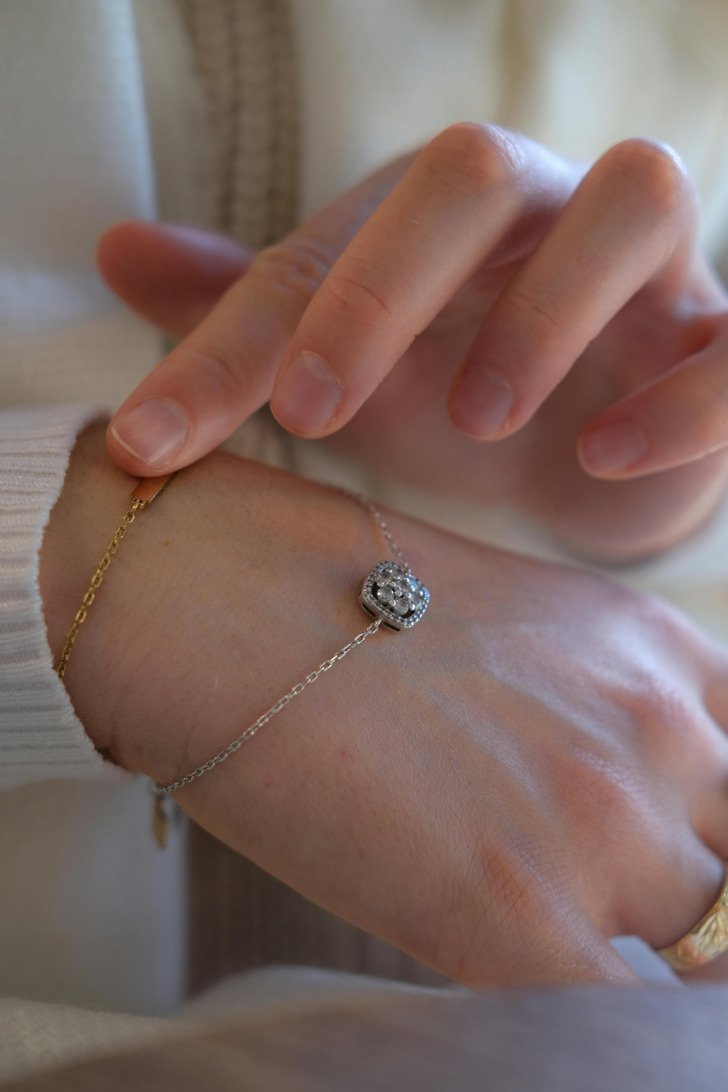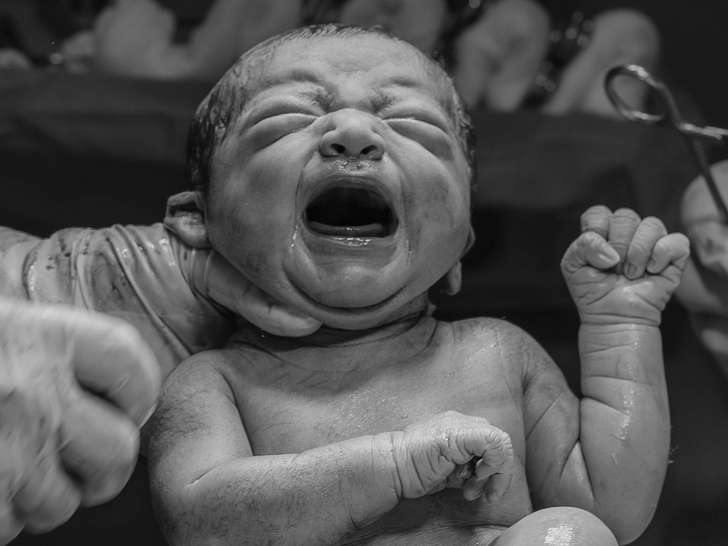Grief affects everyone in unique ways. Typically, individuals move through phases such as denial, anger, sorrow, and acceptance. In Evie’s situation, her loss was profound. She went through a miscarriage and had to part with her child’s items earlier than she had anticipated.
This is Evie’s letter:
I experienced a miscarriage three months before my baby was supposed to be born. My husband and I were heartbroken. He threw away all of the baby’s items because having them around was too painful. A few days later, I saw my husband’s cousin post a photo of her newborn wearing a onesie I had purchased for our baby. I confronted my husband, and he said, “Why waste the clothes? I gave them to my cousin because she needed them more than we did.”
I was taken by surprise by my husband’s readiness to move on so swiftly.
I was aware that his intentions were positive, but I didn’t appreciate the fact that he didn’t come to me first. So, when we received an invitation to his cousin’s house, I sneaked into the baby’s room and retrieved all of my baby’s clothing, including the ones she had on. I wrapped her in a blanket and left. I kept the clothes in my bag and we departed. Later, my husband approached me and asked if I had taken the clothes because his cousin had called him about it. I admitted that I had, and he was very upset with me. I don’t know what to say to him. I wasn’t finished grieving, and seeing the cousin’s baby wearing the clothes was painful.
People grieve differently.

Hello Evie, thanks for sharing your experience with us. It’s important to realize that everyone deals with grief in their own way, and your husband’s method of handling loss was to remove the clothes. It’s crucial to grasp his viewpoint before making a decision such as taking the clothes from his cousin’s baby.
You ought to have discussed it with your husband first.
Instead of returning the clothes, you should have informed your husband initially that you felt uneasy about him disposing of them. This could have led to a compromise where not all the clothing would go to the cousin, allowing you to keep some cherished items that you truly loved.
Create a memorial.

Create a specific area or tradition to celebrate your child’s memory. This might include a tiny memorial garden, a unique piece of jewelry, or a yearly ceremony on your due date. Including your husband in this process can help him grasp the importance of this loss to you. This different approach to remembering your child may also reduce your reliance on physical items like clothing for remembrance.
In times like these, communicating with your family members is essential. Expressing your sorrow can help reduce its impact. This touching tale features a woman who experienced a miscarriage and found comfort in the presence of her mother-in-law.







